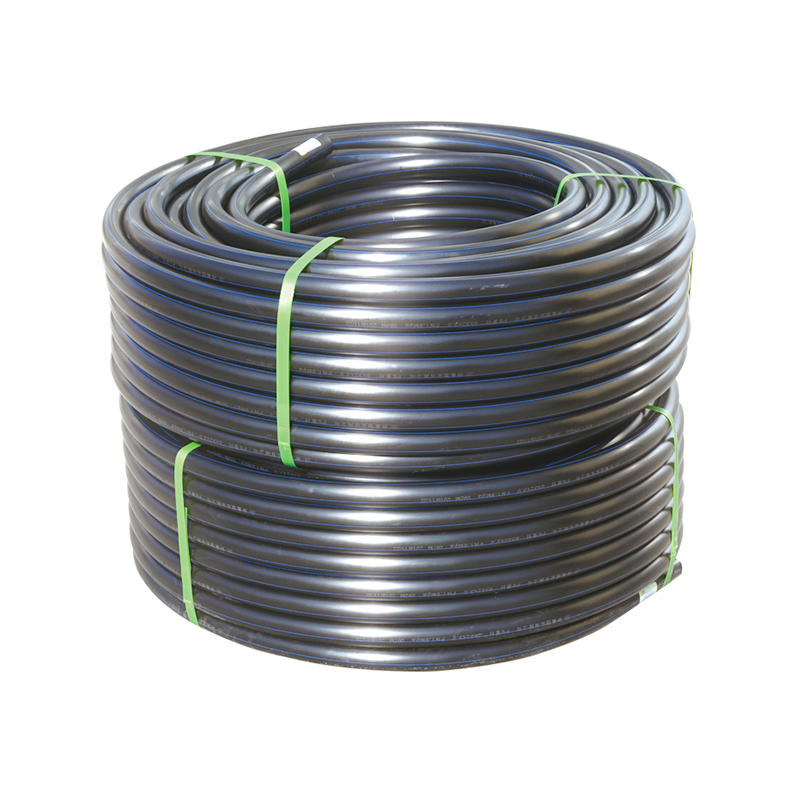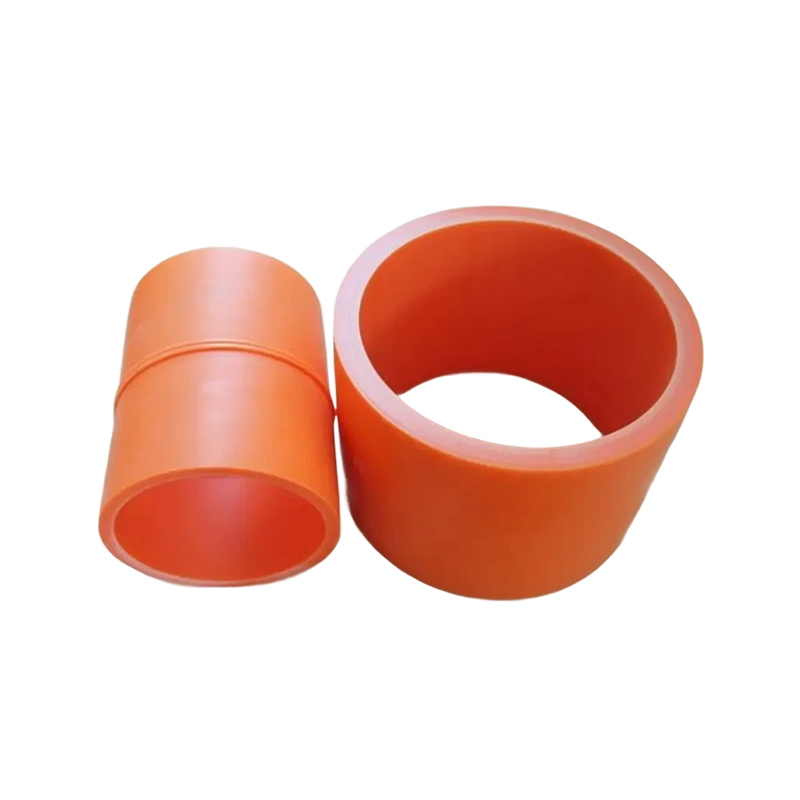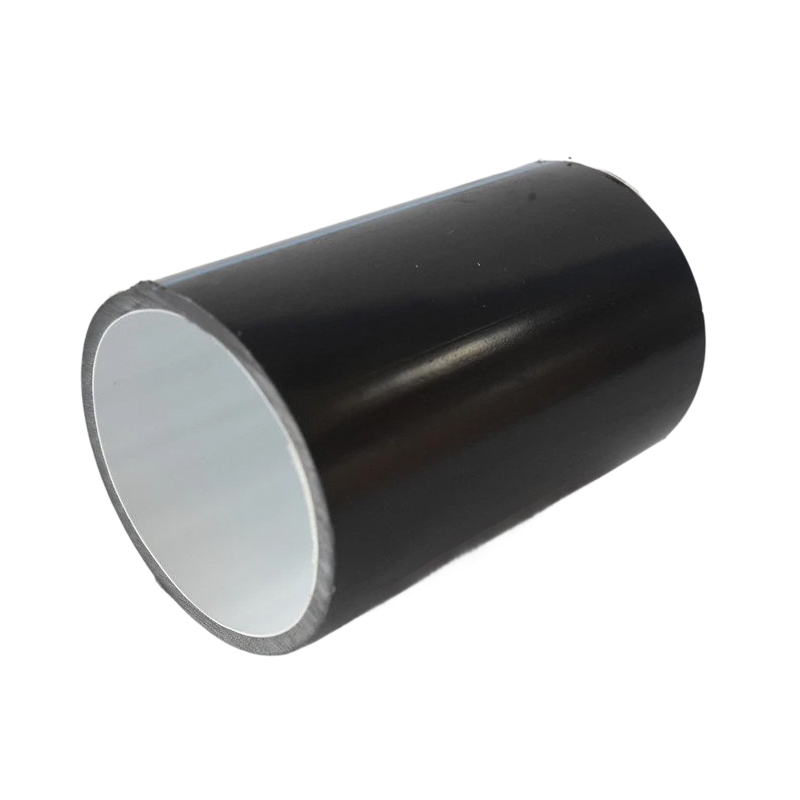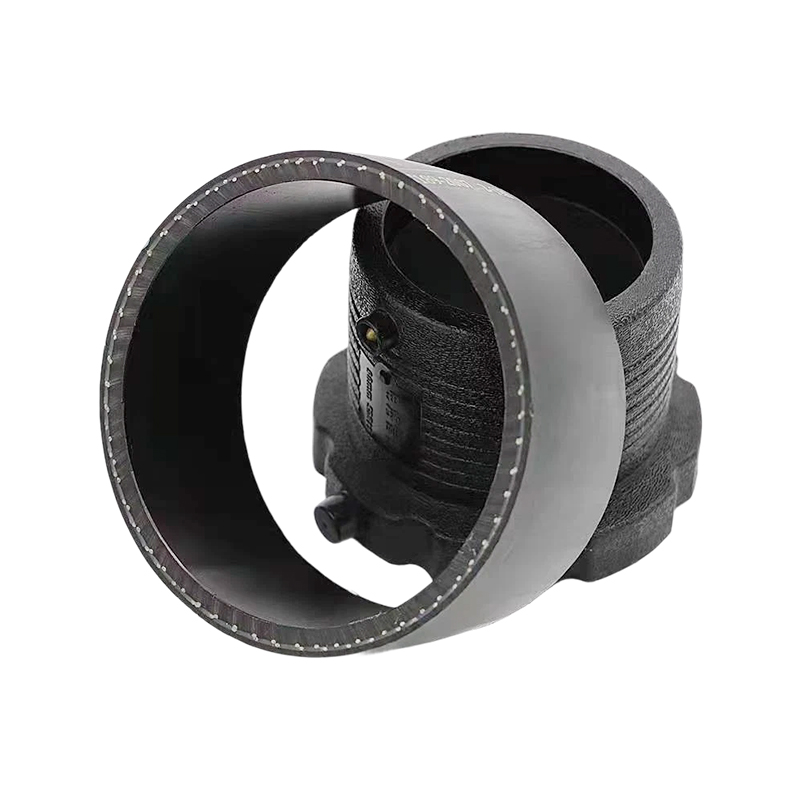How does the molecular structure of PE pipe affect its chemical corrosion resistance?
Release Time : 2025-05-08
PE pipe, or polyethylene pipe, has excellent chemical corrosion resistance that largely depends on its own molecular structure.
PE pipe is polymerized from ethylene monomers, and its molecular structure is mainly a long chain structure composed of carbon and hydrogen atoms. The carbon atoms on the molecular chain are connected to each other by covalent bonds to form a stable skeleton, and the hydrogen atoms are connected to the carbon atoms. This simple and regular molecular structure gives PE pipe many unique properties, including good chemical corrosion resistance.
PE pipe molecules are non-polar, which is one of the important reasons for its chemical corrosion resistance. Due to the non-polarity of the molecule, the interaction between PE pipe and many polar chemicals is weak. For example, common electrolyte solutions such as acids, alkalis, and salts are mostly polar, and they are difficult to react chemically with non-polar PE pipe molecules or dissolve in each other. This allows PE pipe to maintain good stability when it comes into contact with these chemicals and is not easily corroded.
The carbon chain in the PE pipe molecule is saturated, that is, the carbon atoms are connected by single bonds, and there are no unsaturated bonds (such as double bonds or triple bonds). The saturated carbon chain structure has high stability and is not easy to undergo addition reactions or oxidation reactions with other chemicals. Many corrosive chemicals, such as strong oxidants, usually need to react with unsaturated bonds in molecules to destroy the molecular structure. The saturated carbon chain structure of PE pipe enables it to resist the erosion of these oxidants, thus showing good chemical corrosion resistance.
The molecular chain of PE pipe has a certain flexibility, which enables the molecular chain to self-adjust and arrange to a certain extent. When PE pipe is affected by external chemicals, the molecular chain can adapt to the environment through slight twisting and deformation, reducing the damage of the molecular structure to the chemical. At the same time, there is a certain interaction force between the molecular chains of PE pipe, which enables the molecular chains to be closely arranged to form a relatively dense structure. This dense structure can prevent the invasion of chemical molecules and further improve the chemical corrosion resistance of PE pipe.
PE pipe has a certain degree of crystallinity, and the molecular chains in the crystallization area are arranged regularly and have a high density. The presence of crystallinity enhances the mechanical properties and chemical resistance of PE pipe. In the crystallization area, the molecular chains are more tightly bonded, and it is difficult for chemicals to penetrate into the molecules, thereby improving the pipe's resistance to chemical corrosion. Generally speaking, PE pipes with higher crystallinity have relatively good chemical corrosion resistance.
The branching degree of PE pipe molecules will also affect its chemical corrosion resistance. Appropriate branching can increase the spacing between molecular chains, improve the flexibility of molecular chains and the processing performance of pipes. However, if the branching is too high, it will destroy the regularity and crystallinity of the molecular chain, and reduce the chemical corrosion resistance of the pipe. Therefore, when producing PE pipe, it is necessary to control the appropriate branching degree to balance the various properties of the pipe, including chemical corrosion resistance.
The molecular structure of PE pipe affects its chemical corrosion resistance through non-polar molecular characteristics, saturated carbon chain structure, flexibility and density of molecular chains, crystallinity and branching degree. This unique molecular structure enables PE pipe to remain stable in various chemical environments and is widely used in many fields such as chemical industry, water supply and drainage, gas transportation, etc., providing reliable pipeline materials for industrial production and daily life.







